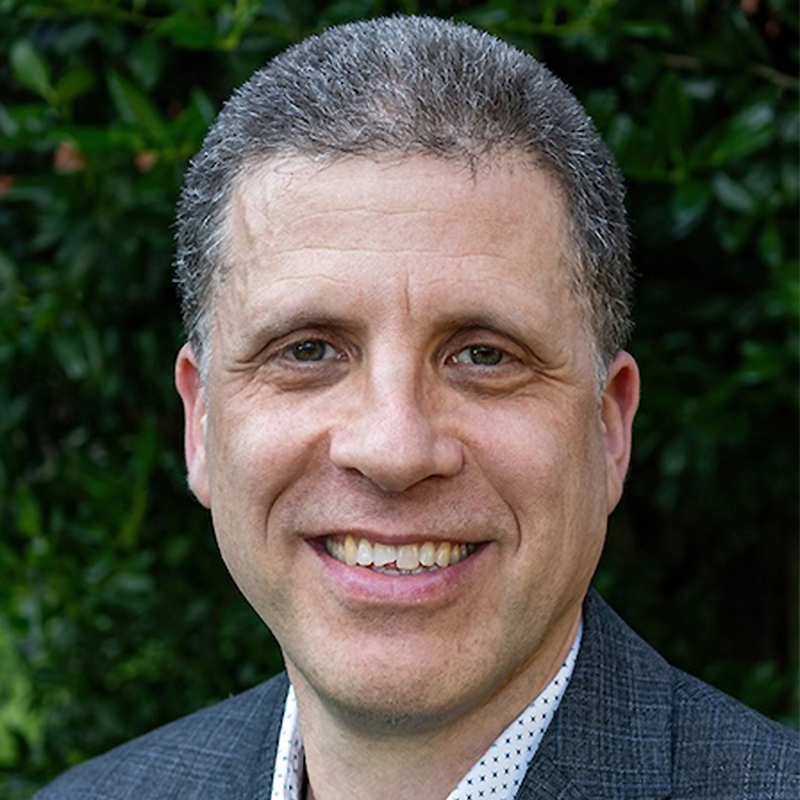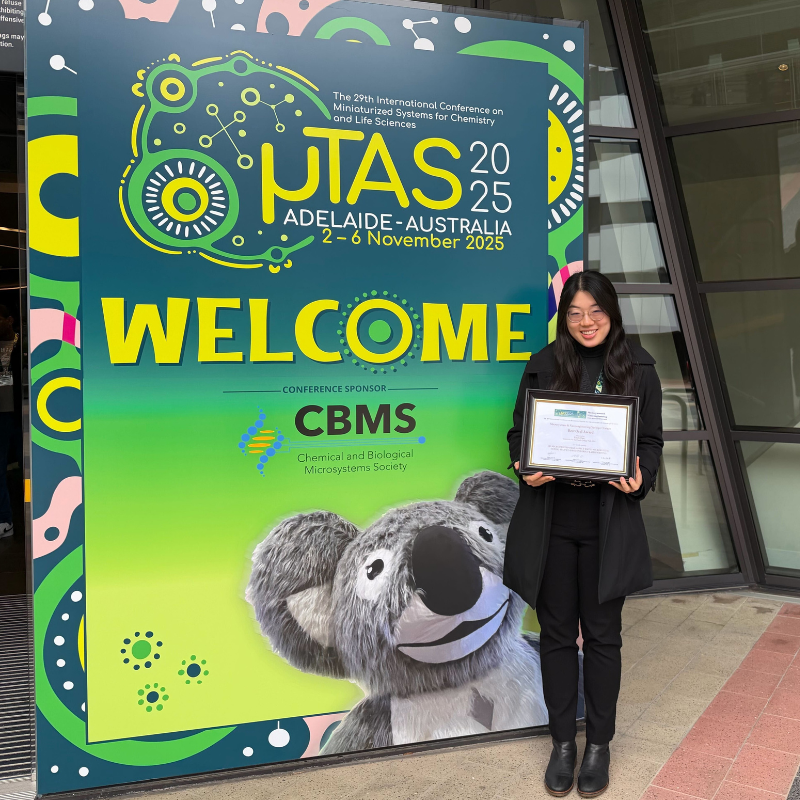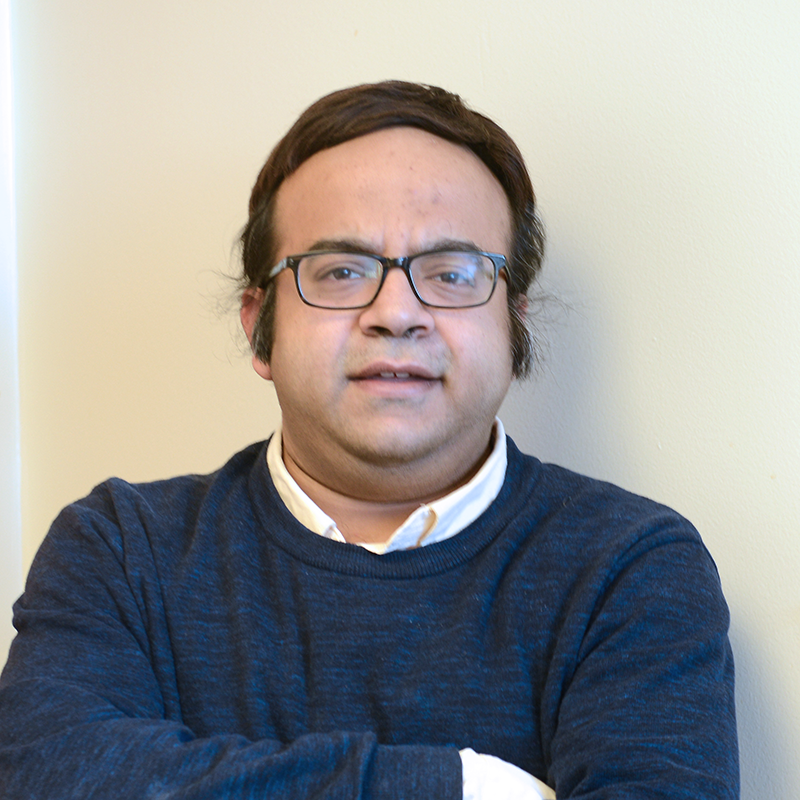News Story
Contest draws best, brightest
Two years of planning started coming together yesterday morning, as students from colleges in the United States and Puerto Rico gathered on the National Mall to build solar homes they hope will reshape the way people look at alternative energy sources.
Fifteen students from the University of Maryland are among the participants in the first Solar Decathlon, where they will compete in 10 events designed to test the viability of solar housing in areas including design, livability, lighting and refrigeration.
Along the way, teams hope to teach contest observers and the public that living in a solar-powered home can be just as comfortable as living in a home that uses traditional energy sources and is even easier on the pocketbook, said Alex Yasbek, project manager for the Maryland team.
"When you walk into that house, you should feel at home. Nothing should be foreign to you," Mr. Yasbek said of the event, sponsored by the federal Department of Energy and other organizations.
Mr. Yasbek, the leader of a team working on a $230,000 budget, joined the project as a sophomore when he was searching for a class that would satisfy his need for a technical elective credit. Work on planning and designing the home was the focus of a class being offered on the College Park campus.
Mr. Yasbek became involved in the design of the 800-square-foot, 22-ton house and took over the team this summer. The building includes a $14,000 kitchen with top-of-the-line appliances and bamboo flooring.
After the event, the house will either remain on the University of Maryland campusfor students to study, be sold — for about $100,000, Mr. Yasbek estimated — or be donated to the city of College Park to provide a living space for someone.
"It's just uncanny to see something that was once just a scribble on a piece of paper as a full-size building in a very public place," he said.
Through the contest, students learn how to work together with classmates who study in different areas, giving them real-world exposure, said Richard King, a Department of Energy official in charge of the event.
While the display of the energy-efficient homes on the Mall may not push people to buy solar-powered homes right away, this contest and future ones will show that they can be attractive, Mr. King said. "We may not see the ultimate home of the future, but we're optimistic," he said.
Published September 20, 2002









